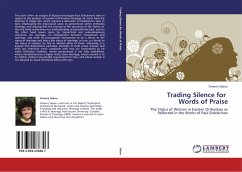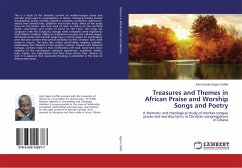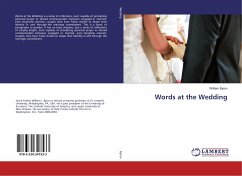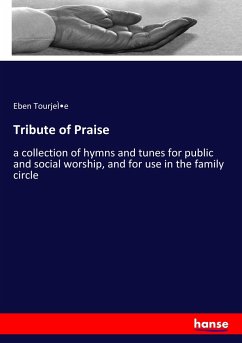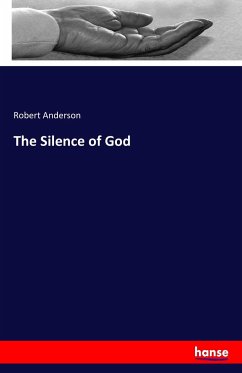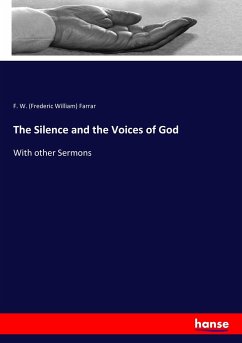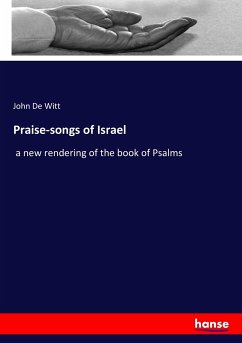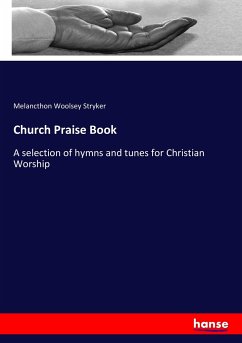This work offers an analysis of Russian theologian Paul Evdokimov's view in regard to the position of woman in Orthodox theology. He starts from the doctrine of imago Dei, which requires a discussion of Evdokimov's view of God, emphasizing the importance given to personhood within Orthodox theology, and arguing that the concept of the monarchy of the Father on the one hand undermines our understanding of personhood itself, and on the other hand leaves room for hierarchical and subordinationist structures. On marriage, he distinguishes between monasticism and marriage, and while he presupposes monasticism to be a threat to the status of marriage and that a low status of marriage, in turn, is a threat to the status of woman, he fails to address either of these. Ultimately, it is argued that Evdokimov's particular attempts to both praise woman and deny any inferiority when compared with man are undermined by his wider Orthodox tradition, where personhood is not fully established, where monasticism has a higher status than marriage, where woman is to be mother without any parallel requirement for man, and where woman is not allowed an equal ministerial status with man.
Bitte wählen Sie Ihr Anliegen aus.
Rechnungen
Retourenschein anfordern
Bestellstatus
Storno

